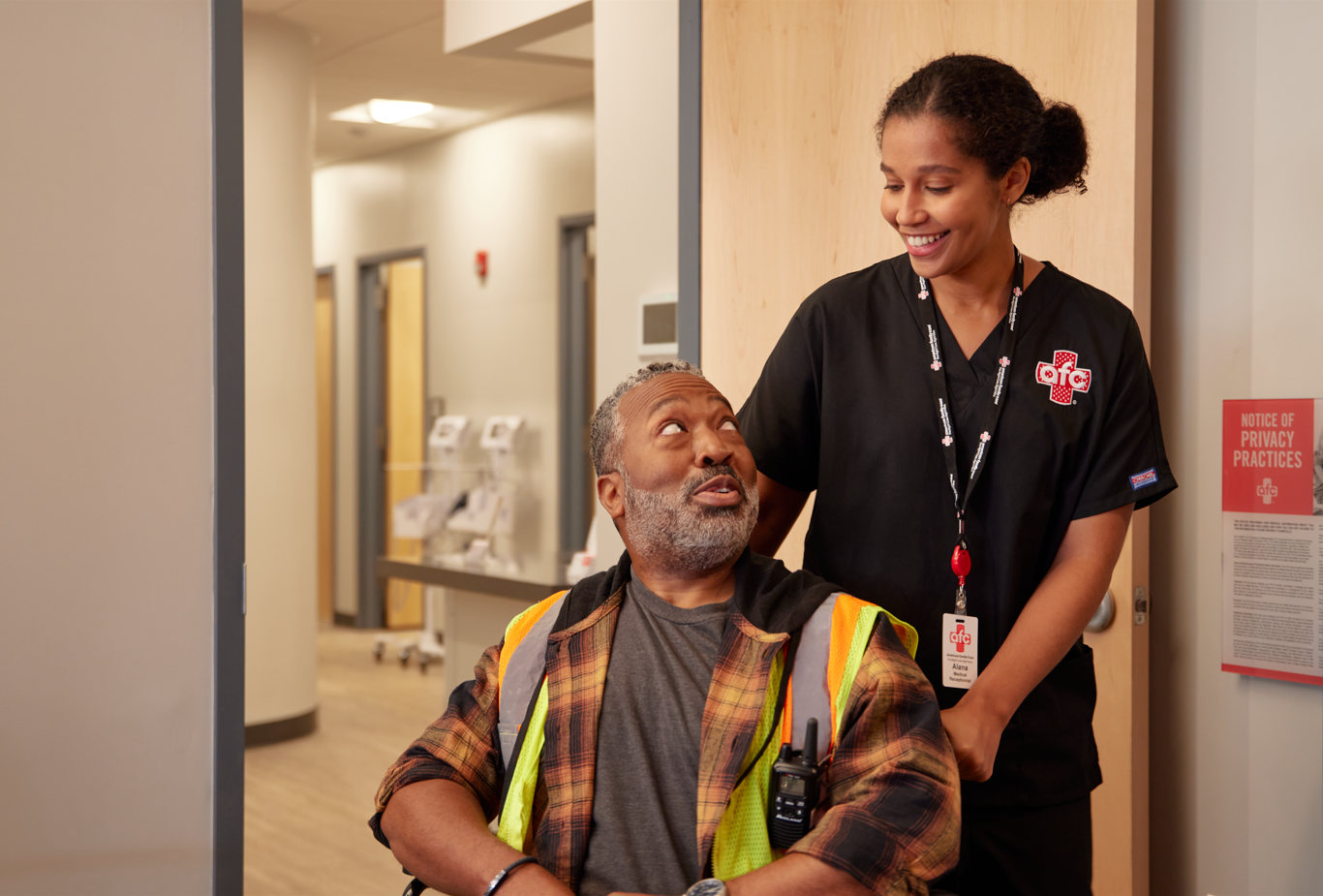Five Biggest Mistakes of Estate Planning

#5 – Inequity
The fifth biggest mistake of estate planning is presuming to treat everyone equally, equaled only by the error of presuming to treat your loved ones differently because you don’t think they need anything or, in the other extreme, that they don’t deserve anything. Perhaps you’ve given more to one in life and intend to balance things in death. Unless you intend to include a detailed accounting (and even then?), I urge you to reconsider in this regard.
Similarly, choosing who is to serve in what role (attorney-in-fact under a power of attorney, executor, or trustee, for instance) based on perceived fairness or not wanting to seem inequitable is a mistake. Have a reason, trust your judgment, and choose someone based on your sound judgment (for instance, she’s the oldest; he’s a lawyer; she’s the only one who hasn’t done time… these are all good reasons). Worse, appointing two co-fiduciaries (i.e., co-attorneys-in-fact, co-executors, or co-trustees, might be the biggest mistake of all – especially if you refuse to provide the two co-equals with a means of breaking a deadlock.
If there are two empowered to make decisions and they don’t agree on something, if you’ve not authorized a coin flip or other means to break the tie (rock, paper, scissors, perhaps?!), their only recourse is to the courts. Don’t do it…don’t name two co-equal decision-makers to manage your affairs when you die. If you simply can’t help yourself, at least give them a fighting chance and tell them what to do when they disagree (if considering a coin flip, I suggest making it at least two out of three!).
#4 – Sentimentality
The fourth biggest mistake of estate planning is presuming one or more of your loved ones “wouldn’t want” something of yours, or alternatively, planning based on presumed values ascribed to the “objects of your bounty.” It is difficult to nearly impossible to know accurately what one of your kids might value over another, and you should take no offense by loved ones’ avoiding the subject altogether or making statements to the effect that they don’t want anything of yours. Everyone deals with death and the loss or thoughts of loss of a loved one in one’s own way. That said, it may, of course, be true that they don’t want your stuff; your style and tastes may be embarrassingly outdated.
It may also be true that they don’t need anything, have the space for things they might want, or might not want to be perceived as thoughtless or greedy by asking for something of yours, for instance, before you are even in the ground! Rather than take offense or think, “How dare they!” consider over-sharing and discussing more with them, not less. Force them to face truths none of us generally care to acknowledge — first and foremost of which, you are going to die! Hate to be the one to burst that bubble for you, but it happens to all of us eventually. Too often, I see families left squabbling over misperceived intentions and failing/refusing to face these avoidable issues head-on, which brings us to the third biggest estate planning mistake.
#3 – Communication
The third biggest mistake of estate planning is failing to involve your beneficiaries in the planning. You need not give them a say in your plans necessarily or even seek their input per se, at least not everyone’s!, but that doesn’t mean you shouldn’t involve them at all, even if only to communicate that you’ve made a plan and where/how it can be found. Those who intend to play a role later should be consulted.
The executor (or “personal representative”), who will oversee the administration of your probate estate; the trustee, who you will count on to manage assets you’ve opted to have held/protected from creditors and managed for the benefit of those you may not completely trust to manage them effectively for themselves (either because of their immaturity, addictions, or other special needs); and especially guardians of any minor children you might leave behind…these should all be consulted and confirmed before being named and saddled with such responsibilities. After all, they may not want or be able to handle the responsibility and/or their own life circumstances may not be fully known to you and may not make them the best choice. To minimize the risk of mistaken choices in this regard, don’t compound the mistake by failing to name a backup and a backup to the backup and also setting forth a means of picking the person you would want to be next in line should all else fail.
#2 – Indecision
The second biggest mistake of estate planning is changing your plans. This one comprises a whole series of mistakes. Changing one’s mind is ok, of course. The timing of a revised estate plan is one of the primary factors when litigation is later considered. Doing so after declining mental health, shortly before or after major life events, just prior to death (on one’s deathbed!), and/or with the involvement or input of less than all of one’s beneficiaries virtually assures legal wrangling after you’re gone, or, at the very least, likely breeds ill will among your loved ones in ways you can’t possibly fully anticipate. Compounding this mistake with less than full and open communication about your planning efforts (refer back to #3!) frequently sparks resentment and even hostility when you yourself have set different and differing expectations among those to whom you intend to benefit.
If you opt to share your planning documents, do so with all of your beneficiaries. If you opt to make a change, be sure to communicate any changes to everyone, preferably with very specifically communicated reasons why. Oftentimes, in addition to breeding resentment for each other, change, especially uncommunicated changes to one’s estate plan, leaves your loved ones resenting you, even when they are the ones benefiting from the change!
#1 – Inertia
The number one biggest mistake of estate planning is not to plan. A favorite lyric from a group I’ve enjoyed since the 80s goes as follows: “If you choose not to decide, you still have made a choice.” Not planning, i.e., not creating a will or other document directing the disposition of assets upon your death, is the equivalent of deciding you want your loved ones to experience the costly, time-consuming, living hell that can often be the result of doing nothing. Don’t let inertia be your guide. Have a plan… execute the plan. Do it now; tomorrow may never come. Carpe diem!
ABOUT THOMAS REPCZYNSKI
Thomas Repczynski is a Principal, Shareholder and the Chair of the Commercial Litigation (South) Practice Group, focused on developing and expanding the firm’s Estates and Trusts Litigation practice area. Tom’s practice emphasizes inheritance-related matters involving will/trust/insurance beneficiaries, executors, trustees, guardians, and attorneys-in-fact under Powers of Attorney and includes creditors’ rights enforcement, real estate litigation, and general commercial business disputes. Tom routinely pursues, defends, and negotiates the broadest range of fiduciary proceedings pre- and post-judgment actions and workouts, and real-estate related disputes of all types (e.g. commercial leasing, title, inheritance, etc.).











